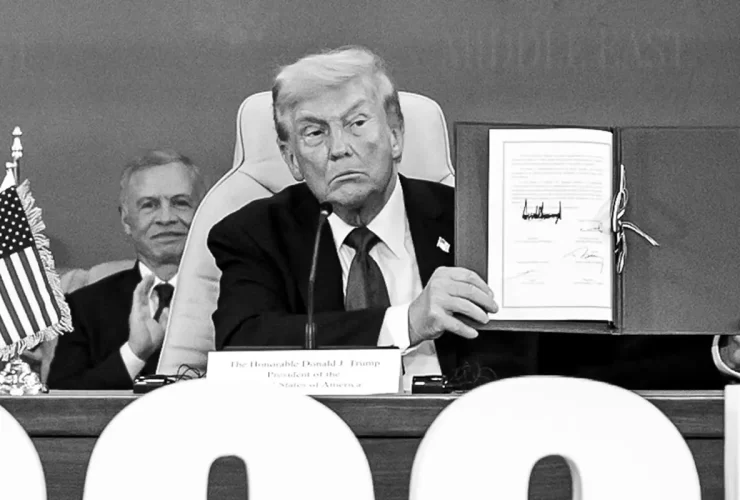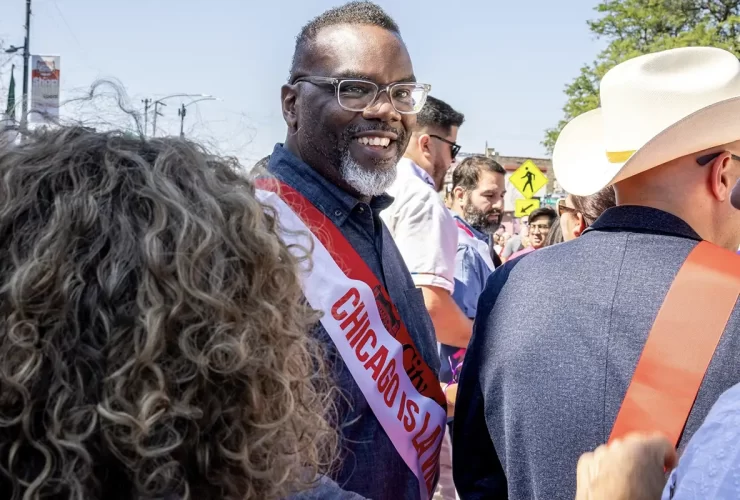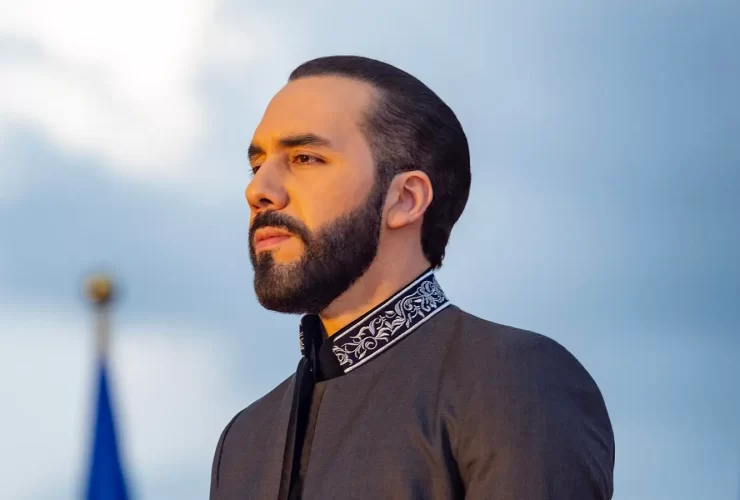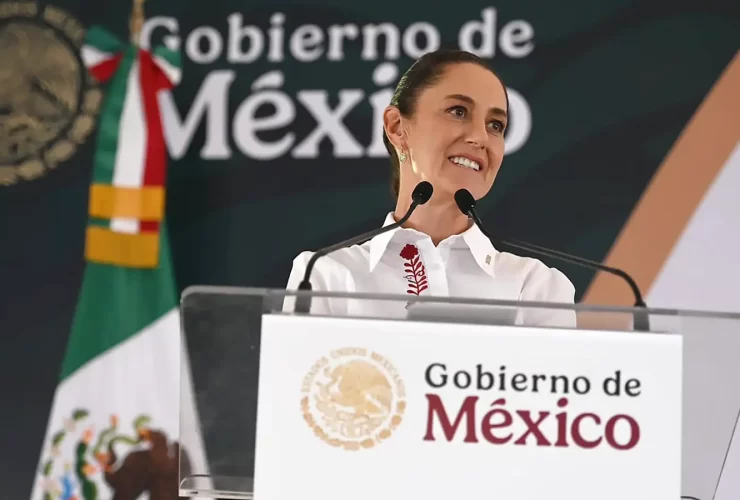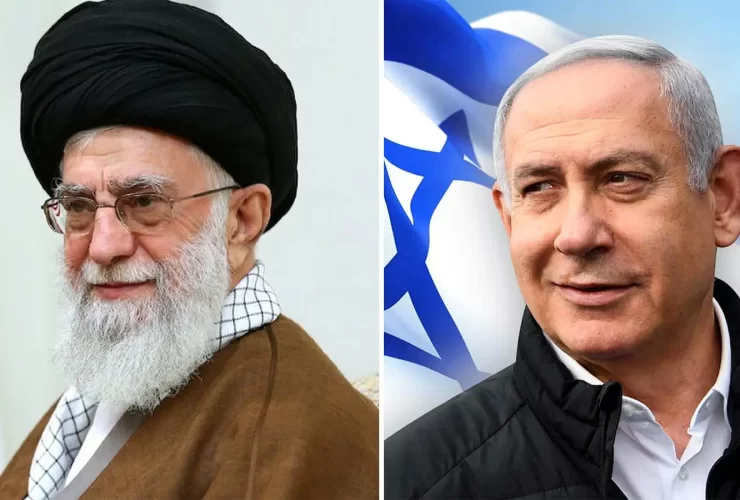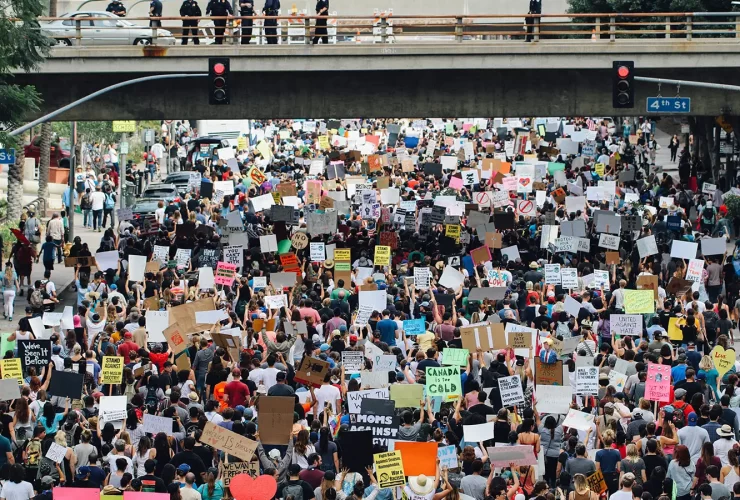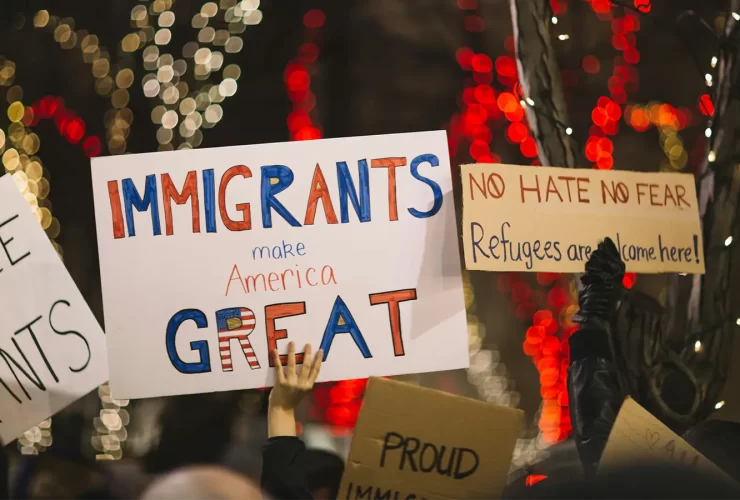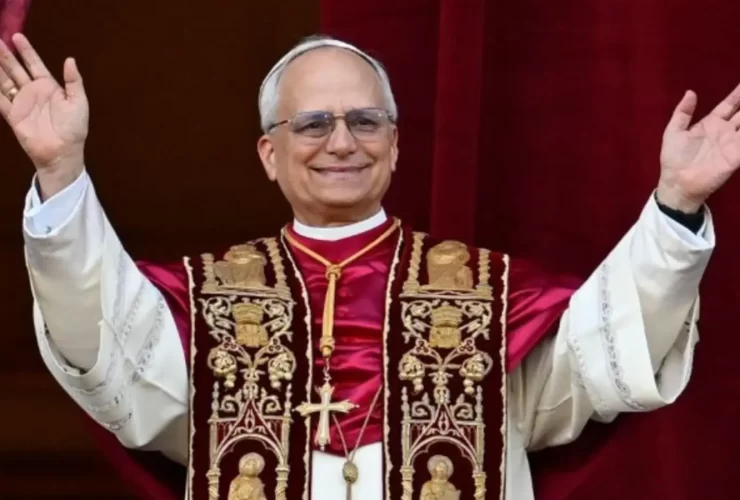Donald Trump did it again: under a storm of applause and flashing cameras, the U.S. president declared the “end of the war in Gaza.” Smiling triumphantly and speaking with his trademark bravado, Trump announced from Egypt that “the long and painful nightmare is finally over” and that the world is witnessing “a historic dawn for a new Middle East.”
Chicago is once again at the center of the national debate with a measure that promises to mark a turning point in the relationship between local governments and federal authorities. Mayor Brandon Johnson signed an executive order making the city an “ICE-free zone,” a bold step that seeks to protect immigrant communities and limit the presence of federal agents in public spaces.
Donald Trump reignited controversy with explosive statements from the White House. The former US president claimed that the use of Tylenol (paracetamol or acetaminophen) during pregnancy could be directly linked to the development of autism in children
Trade tensions between the United States and the international community have escalated once again following the Trump administration’s decision to eliminate tariff exemptions on small parcels.
El Salvador's Congress recently approved a constitutional reform with significant political implications: the possibility of indefinite presidential reelection. The measure, promoted by the ruling majority in the Legislative Assembly and ratified without prior public debate, marks a turning point in the Salvadoran political system and has generated both popular support and a wave of criticism inside and outside the country.
In a gesture of recognition and closeness to the migrant community, Mexico's President Claudia Sheinbaum applauded this week the pressure and mobilization of Mexicans in the United States who managed to stop a sharp increase in the tax on remittances.
The tension between Iran and Israel has reached one of its most critical points. Although this enmity goes back decades, the latest direct attacks and mutual threats have the whole world watching for what could become open war in the Middle East.
Across the country, people are coming together on June 14, not to celebrate but to make their voices heard. In over 1,500 cities, from big metros like New York and Chicago to small towns in between, Americans are participating in the “No Kings” protests—a movement aimed at rejecting authoritarianism and demanding a more just and democratic future.
I don’t live in Los Angeles anymore, but that city raised me. I grew up in a working-class, immigrant neighborhood with a parent doing their best to give me a future. That experience shaped how I see the world — especially what fairness, power, and justice are supposed to mean in America.
After days of anticipation, the chimney of the Sistine Chapel once again emitted white smoke, announcing to the world that the Catholic Church had elected its new leader. Minutes later, Cardinal Dominique Mamberti appeared on the balcony of St. Peter's Basilica to pronounce the traditional “Habemus Papam!”. The chosen one: Robert Francis Prevost, who will assume the pontificate under the name of Leo XIV.







